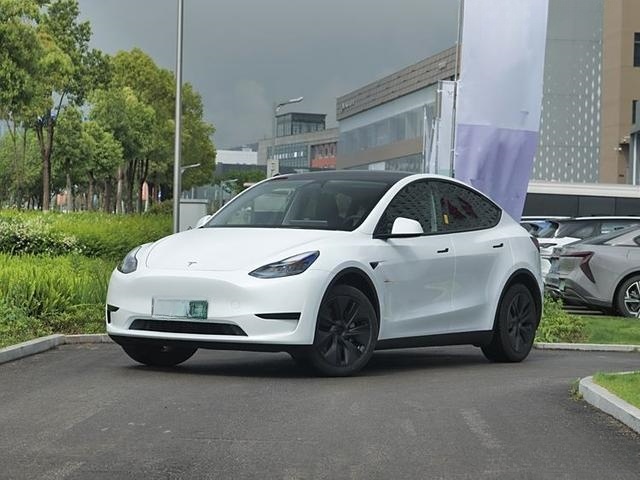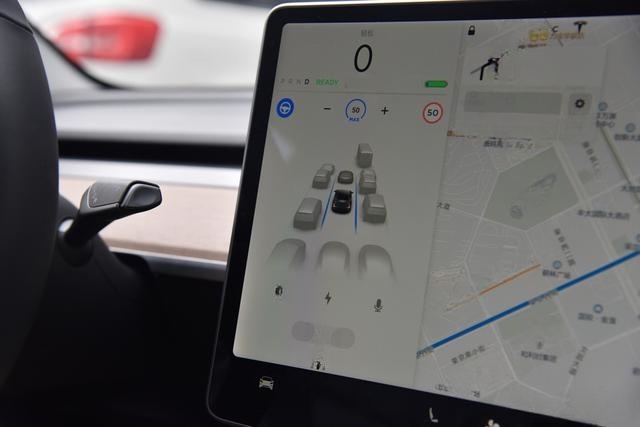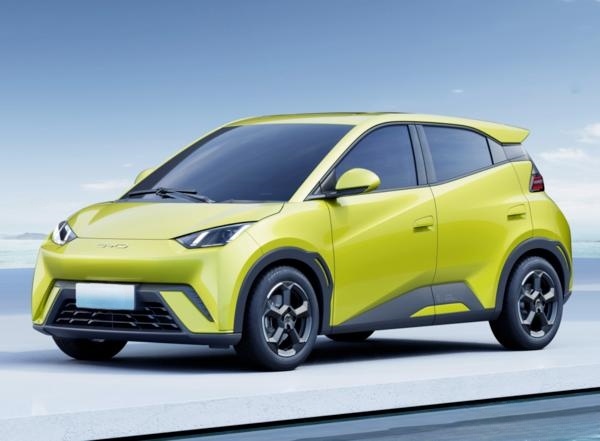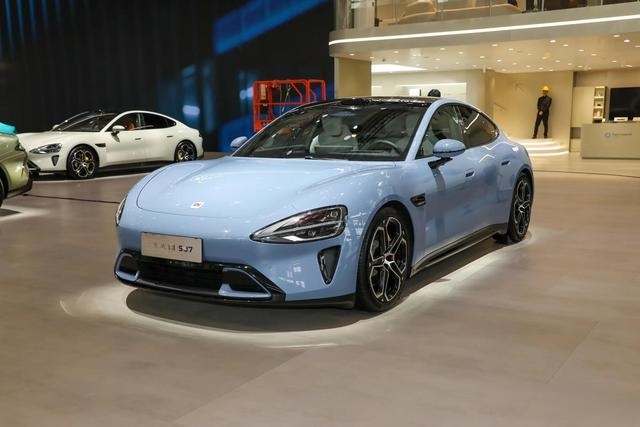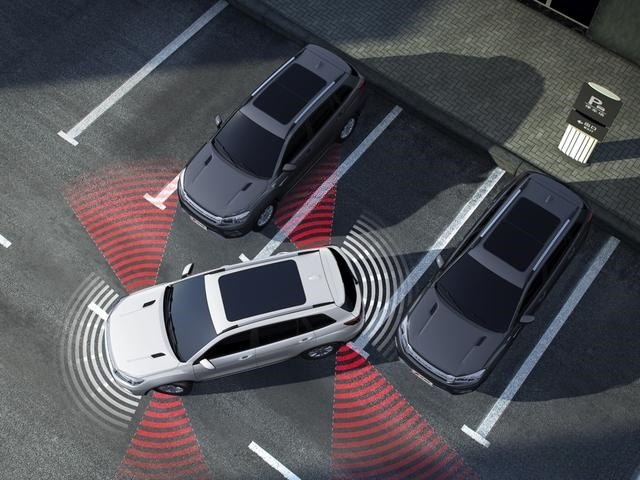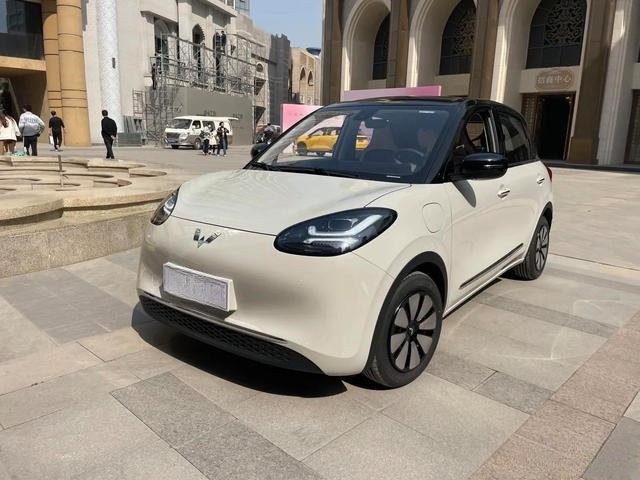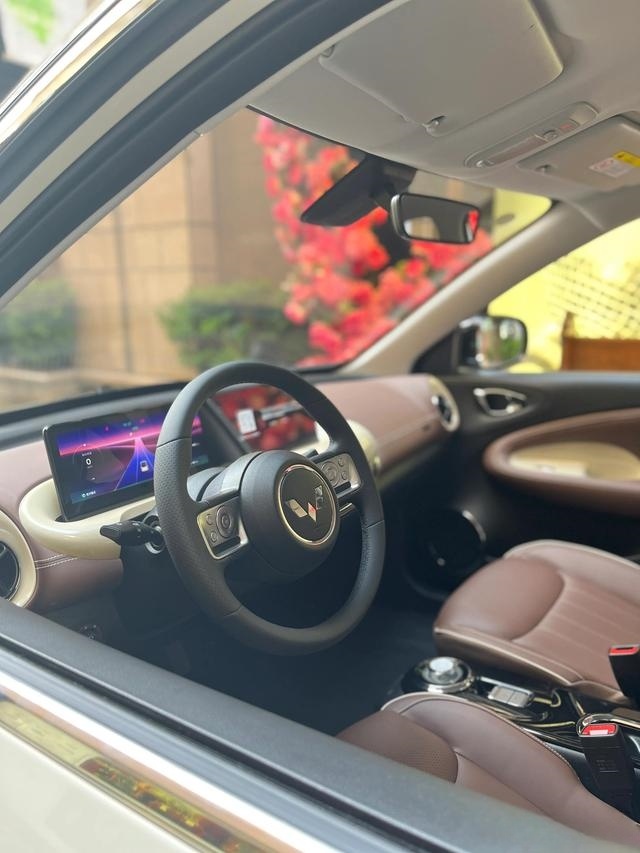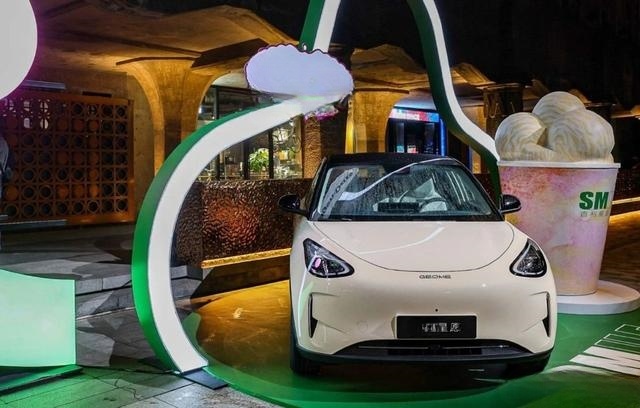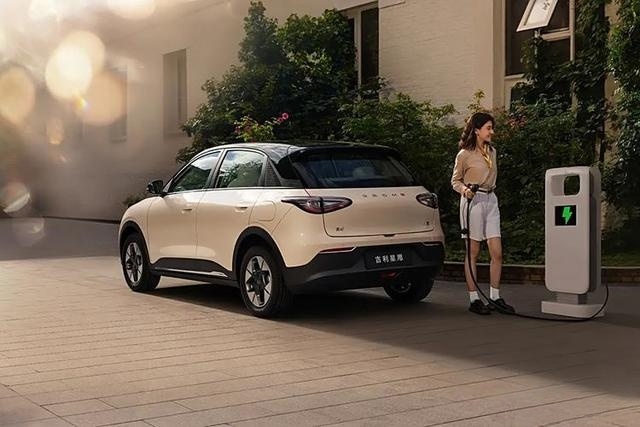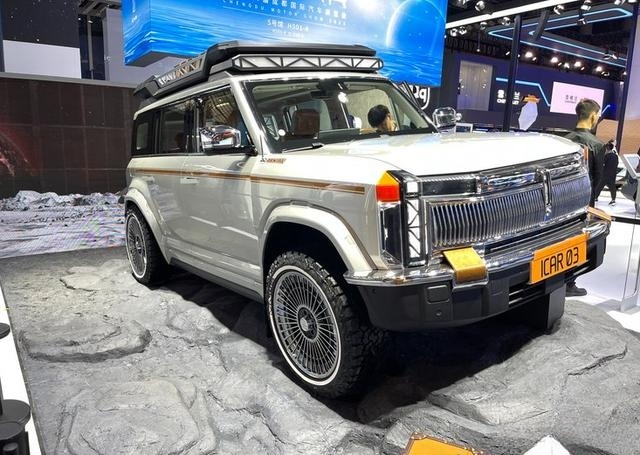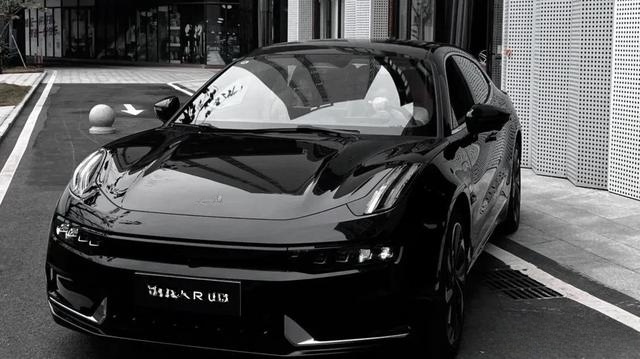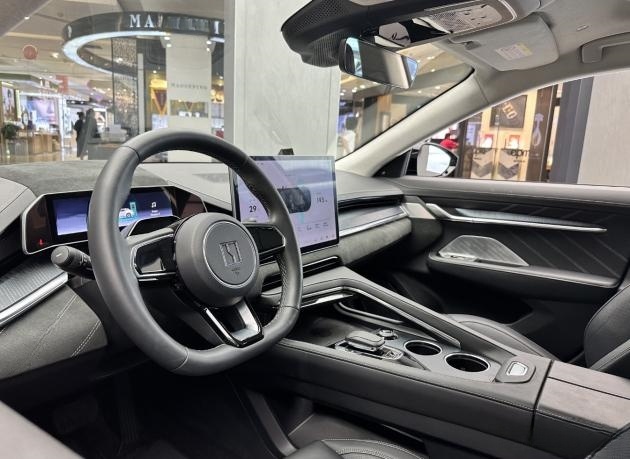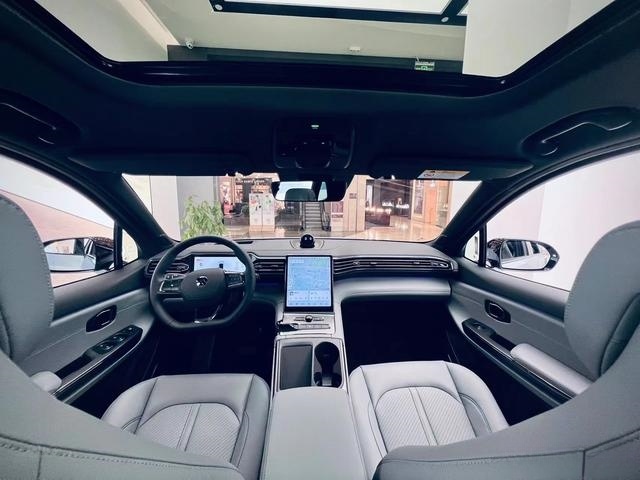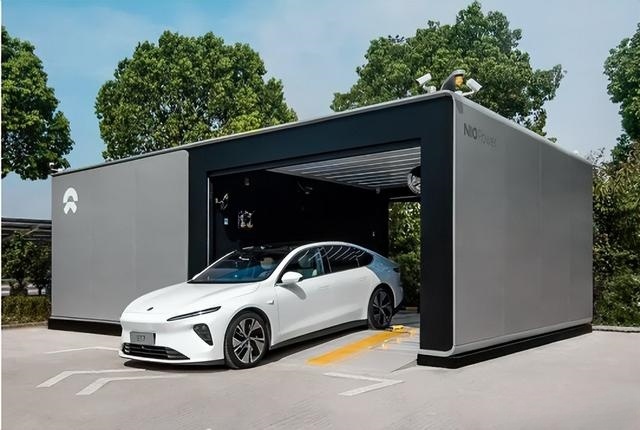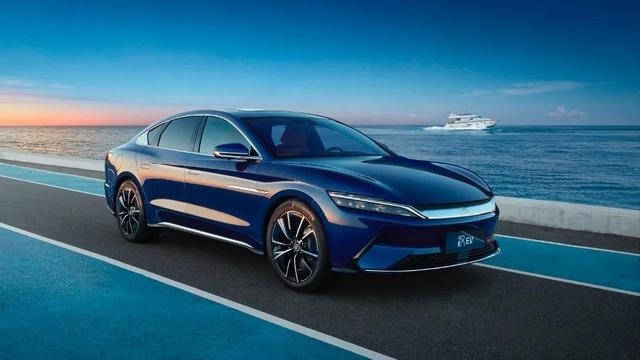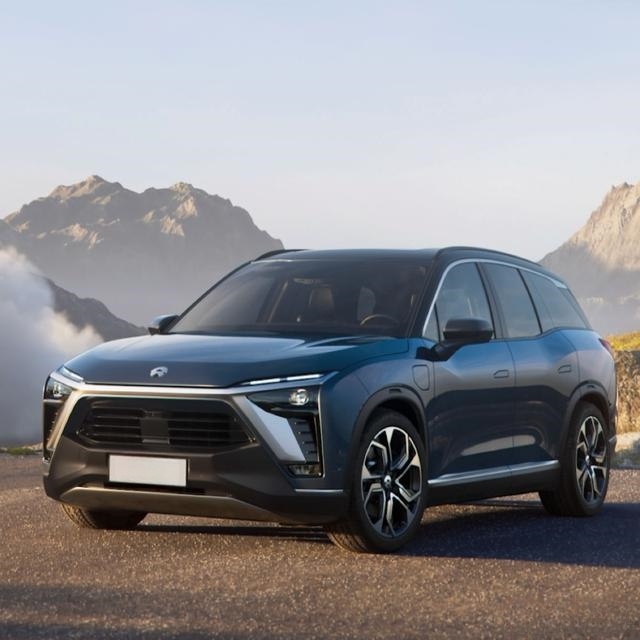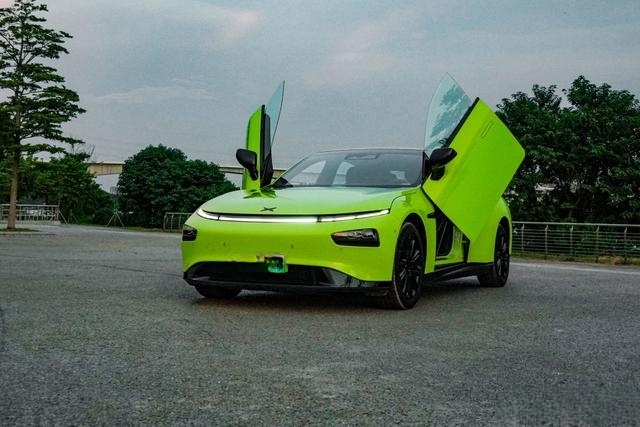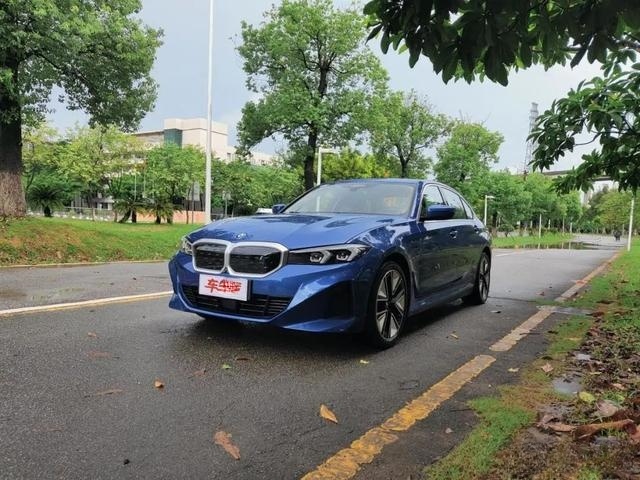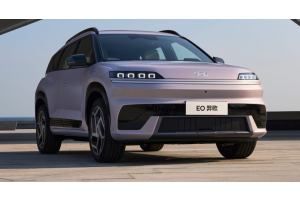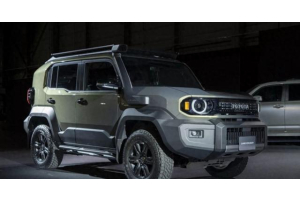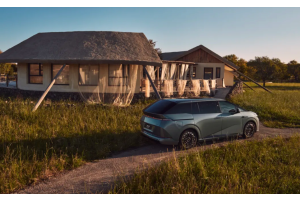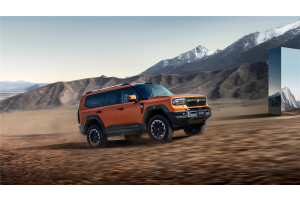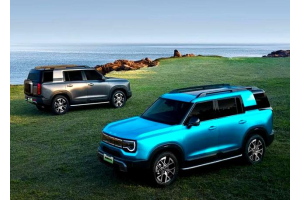Top 10 Chinese EVs 2025
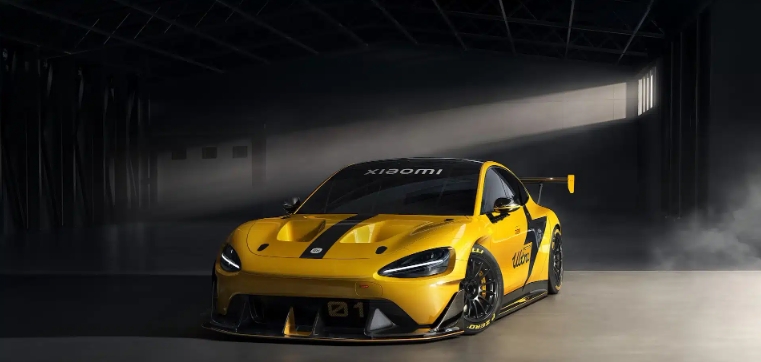
2025 Top 10 Best-Selling Chinese Electric Vehicles: Comprehensive Market Report
China's EV Market Hits Historic Milestone
2025 marks a watershed year for China's new energy vehicle industry, with pure EV sales reaching 5.945 million units, representing 38% year-on-year growth. Electric vehicles now account for 54% market penetration in China's passenger car sector, driven by fierce competition among domestic brands and the rapid emergence of new players.
Annual Sales Ranking & Key Models
| Rank | Model | Annual Sales (10k units) | Segment | USP |
|---|---|---|---|---|
| 1 | Tesla Model Y | 48 | Compact SUV | Performance, Autopilot, Supercharger network |
| 2 | BYD Seagull | 45 | Mini EV | Blade Battery, safety, space, fast charging |
| 3 | BYD Yuan PLUS | 27 | Compact SUV | Powerful configurations, premium features |
| 4 | Wuling Hongguang MINI EV | 26 | Micro EV | Affordable pricing, flexible space, trendy design |
| 5 | Wuling Bingo | 21 | Small EV | Retro design, spacious interior, female-friendly |
| 6 | Xiaomi SU7 | 13.9 | Midsize Sedan | Smart ecosystem, home-car integration |
| 7 | Zeekr 001 | 10 | Luxury Shooting Brake | Extreme performance, premium smart features |
| 8 | NIO ES6 | 7.5 | Midsize SUV | Battery swap, luxury experience, service reputation |
| 9 | Geely Galaxy Wish | ~4 | Subcompact Sedan | Smart cockpit, efficient range, fast charging |
| 10 | Chery iCAR 03 | 4.5 | Off-road SUV | Aluminum body, 4WD, high value-for-money |
Market Dynamics Analysis
1. Leadership Battle & Price Segmentation
The Tesla Model Y dominated 2025 sales with aggressive pricing, 650km CLTC range, and industry-leading FSD autonomous driving. BYD Seagull captured mass market with its Blade Battery technology and exceptional practicality. The top 5 models prove small EVs under $15,000 dominate 60% market share.
2. New Players Disrupting the Market
Xiaomi SU7 achieved 139,000 sales in its debut year through seamless smart ecosystem integration. Zeekr 001 and NIO ES6 redefined premium EVs - Zeekr with performance and NIO through its battery swap stations and luxury services.
3. The $15,000 Value War
Models like Geely Galaxy Wish and Chery iCAR 03 offer premium features at entry-level prices. The iCAR 03 particularly stands out with off-road capability, aluminum construction, and advanced ADAS at just $15,000.
Key Models Specification Comparison
| Model | Range (km) | Powertrain | Price ($k) | Key Advantages |
|---|---|---|---|---|
| Model Y | 650 | RWD/AWD | 25-36 | FSD, Supercharging, high resale |
| BYD Seagull | 405 | FWD | 7-11 | Blade Battery, practical space |
| Wuling MINI EV | 200 | RWD | 3-5.5 | Ultra-affordable, female-oriented |
| Xiaomi SU7 | 550 | RWD/AWD | 20-30 | Smart ecosystem integration |
| Chery iCAR 03 | 501 | 4WD | 11+ | Rugged design, intelligent off-road |
Buying Recommendations
- Prioritize high-volume models from established brands for better after-sales support and resale value
- Key competitive factors: smart assistants, urban NOA, fast-charging networks, and warranty services
- New brands may have quality control risks, while traditional foreign brands lag in technological innovation
Quality & Reputation Ranking
- Tesla (technology leader but higher defect rate)
- BYD (battery safety benchmark)
- NIO (premium service experience)
- XPeng (smart driving reputation)
- BMW i3 (German engineering excellence)
2026 Market Outlook
The EV market is entering a "technology and ecosystem" competition phase. 800V platforms, 600km+ ranges, and urban NOA will become standard. While Tesla and BYD maintain leadership, newcomers like Xiaomi and Zeekr are creating differentiation through smart experiences. Buyers should focus on mainstream choices, smart features, after-sales service, and avoid over-marketed models with unproven quality.
For international buyers, TopUsedCars.com provides end-to-end export solutions including logistics, customs clearance, and after-sales support for all these Chinese EV models.
Reported by TopUsedCars.com journalist Calvin Zhang
Mentioned car models: Tesla Model Y, BYD Seagull, BYD Yuan PLUS, Wuling Hongguang MINI EV, Wuling Bingo, Xiaomi SU7, Zeekr 001, NIO ES6, Geely Galaxy Wish, Chery iCAR 03

